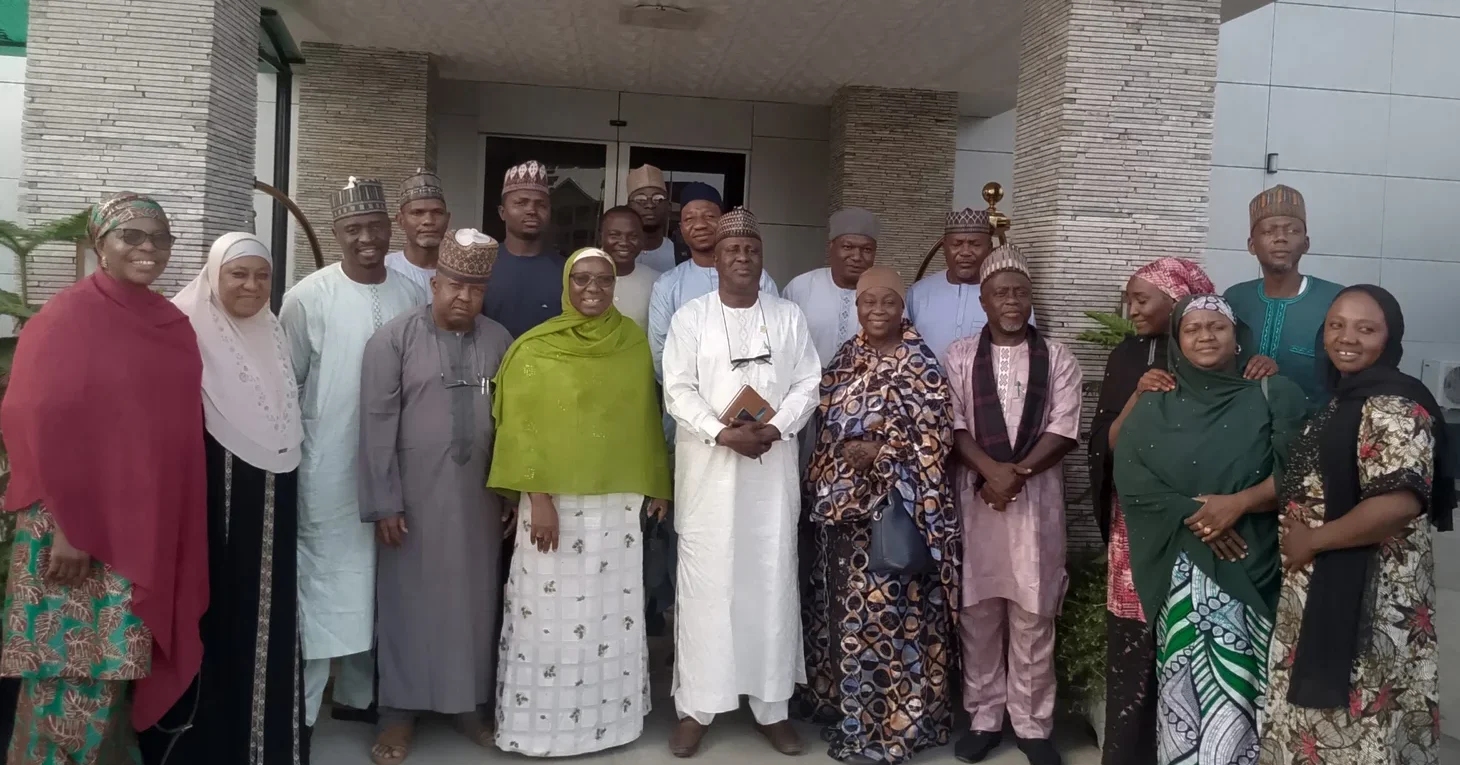ANRiN project exceeds target, delivers 6m services, tasks stakeholders on sustainability
By Sani Idris Abdulrahman The Accelerating Nutrition Results in Nigeria (ANRiN) project, has rolled out its achievements in improving the health and well-being of children under five, adolescent girls, pregnant and lactating women in Kaduna State. The News Agency of Nigeria (NAN) reports that the first phase of the ANRiNContinue Reading
















